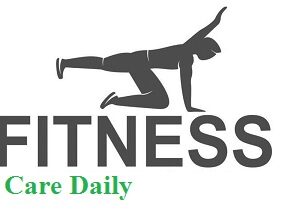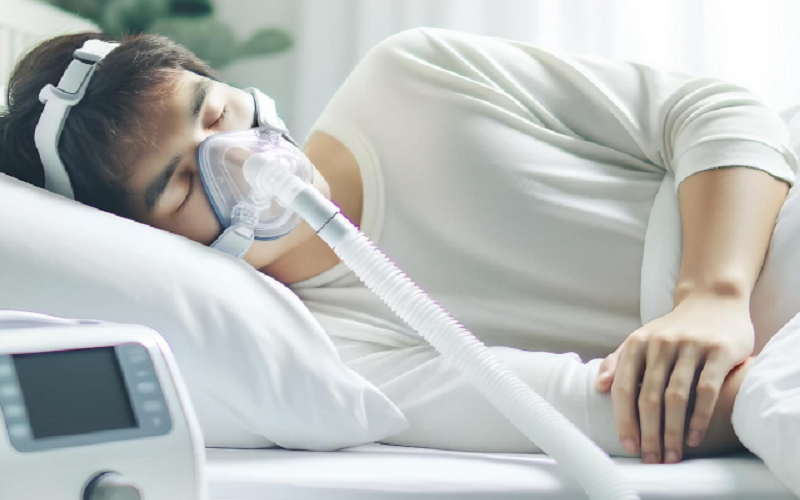Sleep Apnea – A Silent Threat to Your Sleep and Smile
Sleep apnea is a prevalent condition in Virginia that keeps people from sleeping by stopping their breathing during the night. Aside from loud snoring and feeling sleepy during the day, sleep apnea can also affect your oral health, which is not as well known.
If you think you might have sleep apnea and want to get professional help, you might want to look into family and cosmetic dentistry in Leesburg, VA. There, trained professionals can evaluate your condition and suggest the best way to treat it.
The connection between sleep apnea and your dental health is a two-way street.
Sleep apnea changes the body’s normal functions in many ways, and it can also affect your oral health. These things can happen to your teeth and gums if you have sleep apnea:
1. Dry mouth.
When we sleep well, our bodies produce saliva, which keeps the mouth hydrated and kills germs. Sleep apnea changes the way you sleep, which can cause dry mouth, which is when your saliva output goes down. When your mouth is dry, bacteria can grow, which raises your chance of teeth and gum disease.
2. Bruxism or teeth grinding.
People with sleep apnea may grind or bite their teeth while they sleep. This is also known as bruxism. Too much pressure on the teeth can break or chip them, make them more sensitive, and cause jaw pain.
3. Trouble with the temporomandibular joint (TMJ).
This joint links your mouth to your brain. Sleep apnea can make TMJ problems worse by putting pressure on the jaw joint and muscles around it.
How oral health issues can worsen your sleep apnea.
Sleep apnea can be bad for your oral health, but the effects can go both ways. Some problems with your teeth and gums can make your sleep apnea symptoms worse.
1. Enlarged tonsils or adenoids.
If your tonsils or adenoids are too big, they can block your mouth and make sleep apnea worse.
2. Large tongue.
Having a big tongue can also make it hard to breathe while you sleep.
3. Misaligned teeth.
Teeth that are not lined up right can change the angle of your jaw and make sleep apnea worse.
How to recognize the signs of sleep apnea.
Even though the effects on oral health are a big worry, it is important to know the main signs of sleep apnea so you can get the right treatment. These are some common signs of sleep apnea:
- Snoring a lot
- Often pausing to breathe while sleeping
- Feeling sleepy during the day
- Headaches in the morning
- Irritation
- Having trouble focusing
If you or someone you care about has these symptoms, you should see a doctor right away to get a correct diagnosis.
You can protect your smile with treatments for sleep apnea.
Luckily, getting treatment for sleep apnea can make your mouth health a lot better. Some popular ways to treat sleep apnea are listed below:
1. A CPAP machine.
CPAP stands for Continuous Positive mouth Pressure. A CPAP machine keeps your mouth open while you sleep by delivering forced air through a mask.
2. Oral appliances.
These custom-made mouthpieces move your jaw gently so that your airway does not close off while you sleep.
3. Surgery.
Sometimes, surgery is the only way to get rid of tissue that is blocking the mouth.
Taking care of sleep apnea can help you sleep better and keep your teeth healthy.
Take charge of your overall health today.
Everyone needs to keep up with good oral health habits like brushing, flossing, and regular dental checkups, but people with sleep apnea need to do them even more.
If you think you might have sleep apnea, you should see a doctor or sleep expert to get tested and treated. You can improve your health and well-being as a whole by taking care of both sleep apnea and oral health issues.


Leave a Reply
You must be logged in to post a comment.